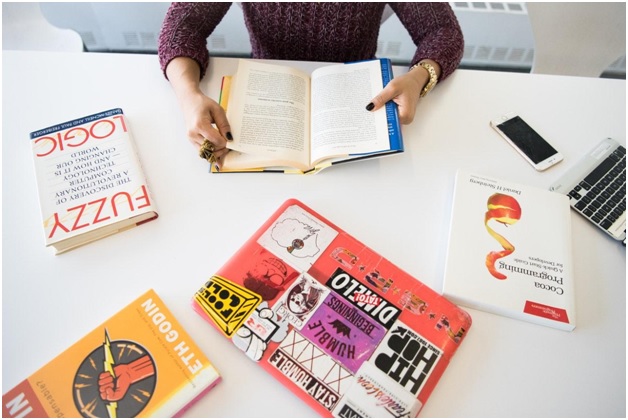Why It's Easier to Succeed with Studying Than You Might Think
Let's talk about how you can make studying more successful for yourself and how you can succeed where you've failed before by rethinking the process.

What you Should Know About the Process of 'Studying'
What exactly is 'studying'? It is a process of memorizing information crucial to performing a task, be it passing a test or changing a tire on your car. We never stop studying, or 'learning', for as long as we are alive. The difference between slogging through a college course you don't like and learning how to cook delicious new food is just that – practical appliance. People have a hard time studying things they, at first glance, don't care about. Here are some facts about the process of studying as published in a recent medical review to help get you started:
- Short-term memory is easily forgotten – repetition in studying is essential
- Different forms of tests (quizzes, papers) help improve memorization
- Using our five senses during studying can help improve your memory
- Good night's sleep is crucial to better memorization and studying
1. Set Achievable Goals for Yourself
Whether you study to learn a new skill or for a college course you dislike, it's important to take an objective approach to study. Start by creating trackable, actionable goals which you will follow along with each day through a notebook or phone app. Methodologies such as SMART are ideal for writing learning goals. With some of the best sites for essay writing at your side, you will have a much easier time writing your aims down on paper. Goals such as 'X of pages read each day' or 'Y of notes taken each day' will keep you focused and motivated to study.
2. Take Notes and Rehearse them Periodically
Speaking of notes, they are integral to successful studying, regardless of how expansive your study materials are. Taking notes with a pen and notebook at your side will engage your senses and help you memorize more than you would by just reading. Likewise, if you are studying something practical such as web development or design, follow along with your books and perform the same steps personally.
3. Use Different Pens to Mark Important Info
As people, we are attracted to colorful, playful visual stimuli – that is why children's books are made the way they are. You can achieve the same effect by using a dozen different markers and pens during studying. If the books you study from are your own – go crazy with them. Take notes, mark information, and sketch small associations and doodles alongside the text. This will significantly help your studying process and memorization.
4. Look for Practical Applications for What You're Studying
Sometimes learning about abstract ideas and theory can be exhausting, especially with no illustrations or additional resources to help you along. Make your studying easier by looking for practical ways to apply what you've learned so far, as crazy as it may seem at first. Whether you learn about chemistry, philosophy, or biology, you can come up with creative ideas of how you would apply that to your surroundings.
5. Practice your Memory by Writing What You've Learned
You can periodically test your memory by grabbing a pen and paper and writing down everything you've studied so far. Simply write an essay-like paragraph or two about what you've learned and see how you're doing. This will let you know what you can improve going forward, as well as how your new approach to studying works for you. You can rely on LetsGradeIt as a helpful writing platform to check how original and well-written your written paper is afterward. It will also help alleviate some anxiety you may feel from taking college tests or oral examinations.
Wrapping Up
How successful you'll be when studying depends entirely on the mindset you adopt before you get started. While not everything you study will be interesting at first, you will be able to do it more easily with the tips we've discussed above. Take it one step at a time and look at the big picture before giving up – studying today will pay off tomorrow.
Bio: Michael Carr is a copywriting and editing professional with years of valuable experience in the online content writing industry. His career portfolio extends to articles, papers, case studies, and news publications in a plethora of digital and personal development fields. Michael spends his off-time journaling and learning about wildlife.